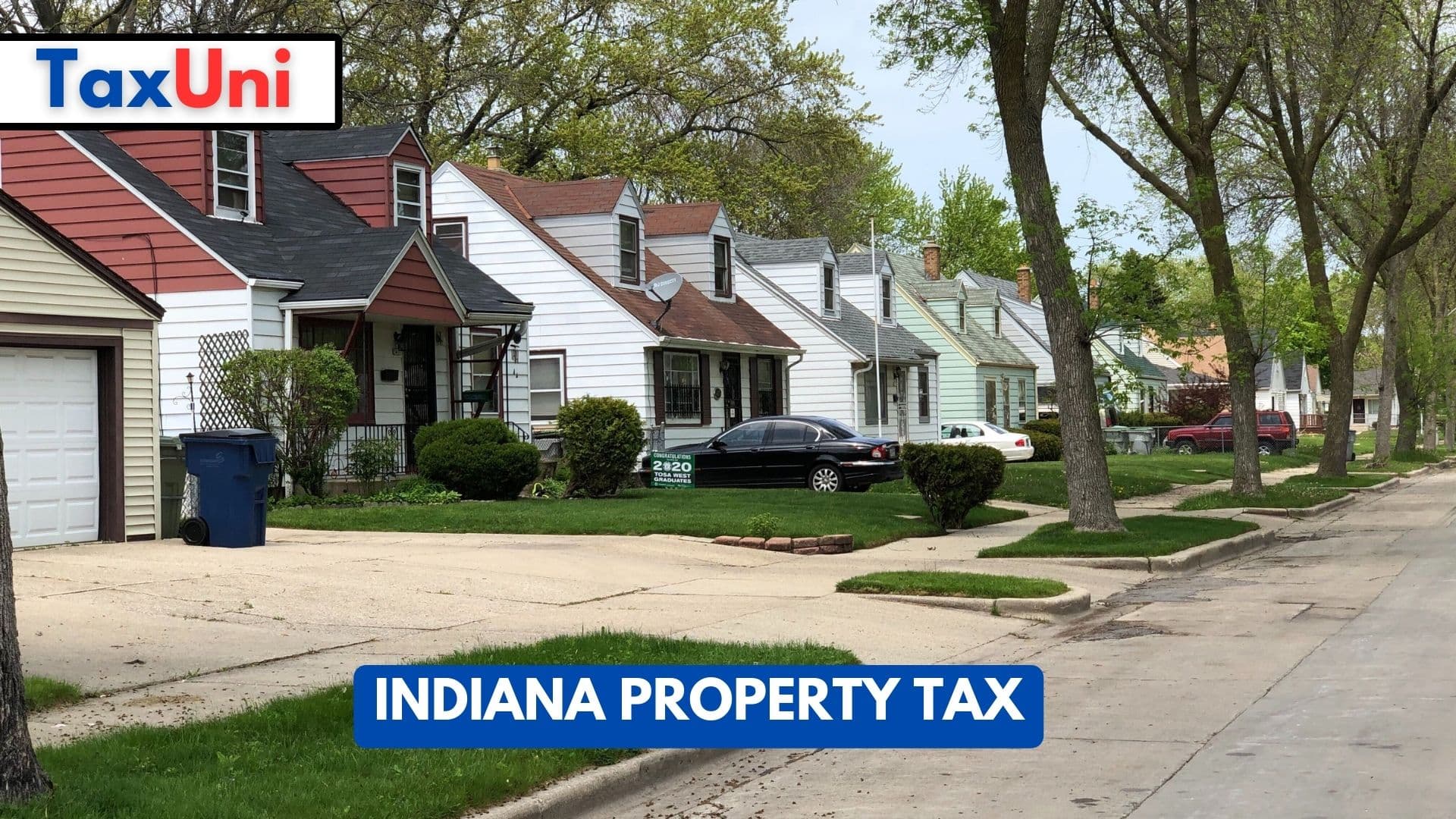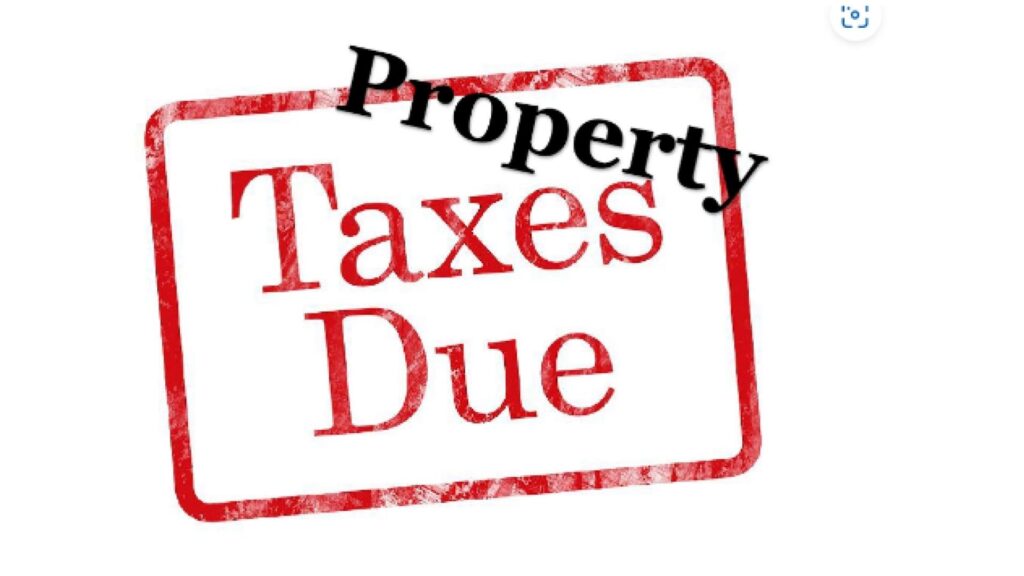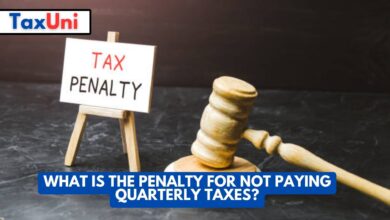Indiana Property Tax
Indiana property taxes are an important part of every homeowner's financial obligation. Crafting a strategy that manages these taxes requires knowledge of the state's laws and relief programs.

As a property owner, you must pay Indiana property tax twice a year. The state’s ad valorem property tax system is based on the assessed value of your real estate assets, which is then levied by local governments as your share of the community’s infrastructure and services.
Understanding your property tax assessment procedures and paying close attention to due dates will help you manage the process efficiently. The county assessor weaves an intricate tapestry of attributes to determine the overall worth of your property, and it is critical to review this figure carefully for accuracy.
Once the gross assessed value is established, Indiana offers a number of deductions that lower the adjusted figure upon which your tax bill is calculated. The Homestead Standard Deduction is the most notable of these exemptions, designed to nurture a homeownership status that is more affordable for Hoosiers. Further cost-saving measures are attainable through the Supplemental Homestead Deduction, which cuts an additional 35% off of your net assessed value.
Indiana Property Tax Exemption
If you’re a homeowner or a not-for-profit, you may be eligible for an Indiana property tax deduction that reduces your assessed valuation and lowers your property taxes. To qualify for a property tax deduction, you must fill out and file the appropriate exemption application with your county auditor. The most common property tax deductions include the Over 65 Deduction, Mortgage Deduction, and Homestead Standard Deduction and Supplemental Deduction.
The Indiana Tax Court recently ruled in KC Propco that an early learning center is entitled to an Indiana property tax exemption under IC 6-1.1-10-16 for educational purposes. The court held that the core focus of the property is educational and that child care activities are merely incidental to the education programs.
Indiana law requires taxpayers to file a property tax exemption application, Form 136, to qualify for certain reductions in their assessed value and/or their property taxes. A taxpayer who fails to file a timely exemption application waives the right to the property tax exemption.

Indiana Property Tax Due Dates
Keeping track of property taxes can feel like a full-time job. Tax bills are sent by different jurisdictions, the amount owed depends on a valuation by an assessor, and due dates vary widely.
Property taxes are generally mailed in late March or early April with both spring and fall payments included. The installment due dates are May 10 and November 10. If those days fall on a weekend or holiday, the deadline is extended to the next business day.
Residents who pay their property taxes on time avoid penalties. If you have not received a statement, or if the information on your statement is incorrect, contact the county treasurer’s office immediately. The treasurer’s office will send you a new statement before the due date with the correct information. You can also go paperless and receive your statements electronically by registering with the treasurer’s office. A nominal service fee applies to electronic payments. You can also request a refund or change your address. The petition and remonstrance process is available for individuals who wish to contest their property values or assessment exemptions.





